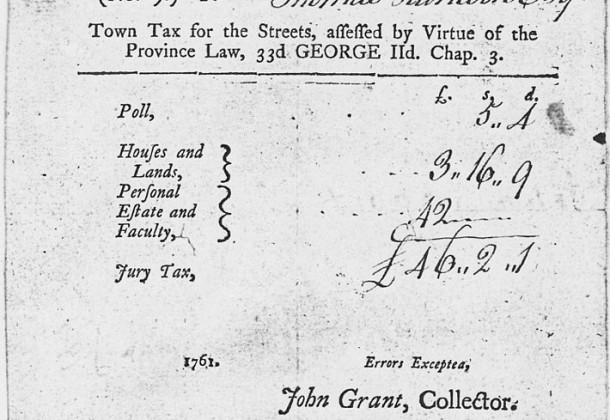How Long Should You Keep Tax Records?

Posted for Burroughs, Moreland & Mudd, CPA
Bay Leader
Most of us have filed our income tax returns for 2013. Before you clean out the back-up paperwork, Burroughs, Moreland & Mudd, Certified Public Accountants, offer a guide for how long tax records should be retained.
The Southern Maryland accounting firm reports that whatever the reason for income or deductions, whether an action, expense, or event, documentation should be kept until the period of limitations runs out for filing an amended tax return for the respective year.
Foremost: Always retain a copy of your filed tax returns. The copies help you and your tax consultants prepare future returns. They are also invaluable for computations necessary if you file an amended return.
These periods of limitations listed here are applicable to income tax returns. The number of years refer to the period of time after the return was filed. However, even if you filed the return before its due date, it will be treated as if filed on the due date.
- Keep records indefinitely if you do not file a return or file a fraudulent one.
- Keep records for 6 years if you fail to report income that should be reported and exceeds 25 percent of your return’s gross income.
- Keep records for 3 years if you owe additional taxes and none of the above situations apply.
- If, after you file your return, you file a claim for a credit or refund keep records from 3 years from the date your original return was filed or 2 years from the date the tax was paid, whichever is later.
- Keep records for 7 years involving a claim for a bad debt deduction or loss from worthless securities.
- Employment tax records should be kept at least 4 years after the date the tax became due or was paid, whichever is later.
As you sort through what to throw away and what to keep, Burroughs, Moreland and Mudd certified public accountants suggest you apply the following questions to each record as you decide to keep it or toss it.
Is the record connected to an asset?
Records regarding property should be kept until the period of limitations expires for the year in which you dispose of the property. These records are needed to calculate depreciation, amortization, or depletion deduction, and to assess the gain/loss when the property is sold or otherwise disposed.
If you received property in a nontaxable exchange: Keep records on the old property and the new property, until the period of limitations expires for the year in which you dispose of the new property in a taxable disposition.
Just because you no longer need your records for tax purposes, there are other contingencies that may require you keep them. Insurance companies or investors may require you retain records longer than the IRS requires.
To learn more about keeping the proper tax records and for full tax preparation services and guidance contact Burroughs, Moreland & Mudd with offices in Charlotte Hall, MD.























